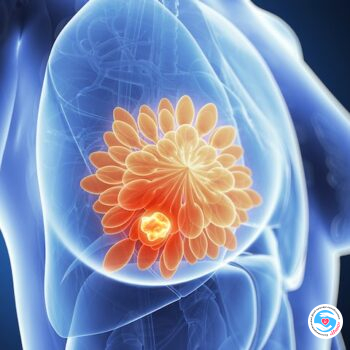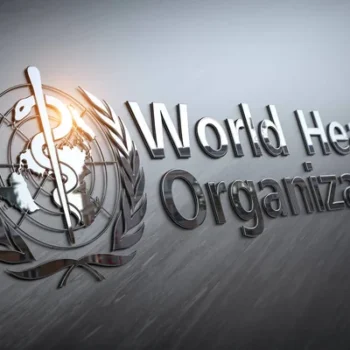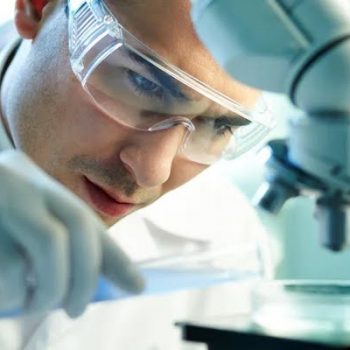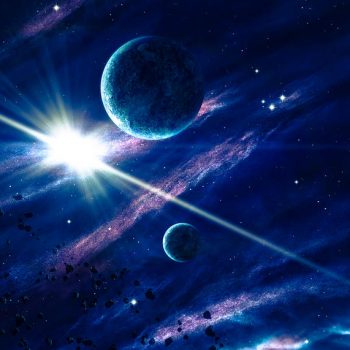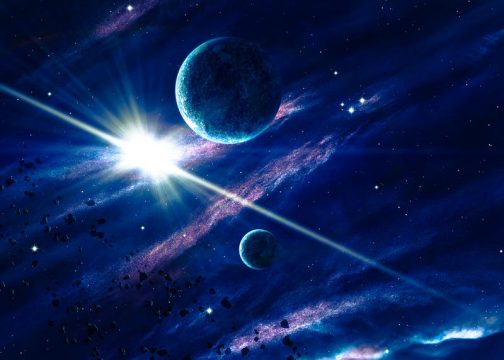
The whole history of human civilization is saturated with the desire of people to know the cosmos and the dream to visit other planets. Hundreds of ancient legends, myths, as well as thousands of modern scientific articles, works and materials are devoted to this topic! But, perhaps, Nature (God), having created man, made sure that a reliable barrier was placed on the way of such cosmic expansion!
The thing is that even short flights into near space cause astronauts to have dangerous somatic mutations in hematopoietic stem cells, which increase the risk of cancer! This opinion was reached by scientists from the Institute of Cardiovascular Research at the Icahn School of Medicine at Mount Sinai (New York, USA). The results of the study, which were reviewed by the staff of the Inna Foundation, were published in the journal Nature Communications Biology.
The scientists examined blood samples taken before and after landing of 14 NASA astronauts who flew on the Space Shuttle between 1998 and 2001. The astronauts’ blood samples were stored for over 20 years in the laboratory at -80ºC.
On average, there were two spacewalks per flight. At the same time, two astronauts participated in each spacewalk (an average of four astronauts per mission). According to the Institute for Lifetime Astronaut Health Watch (LSAH) at Johnson Space Center, the astronauts in this study had not previously undergone chemotherapy or radiation therapy. All astronauts participated in relatively short flights (average 12 days).
During the examination of the blood samples, the scientists detected changes in the stem cells of all 14 astronauts! Experts have identified 34 nonsynonymous mutations in 17 genes, with the most common mutations in TP 53 and DNMT3A. Note that the TP 53 gene produces a protein capable of suppressing tumors. And mutations in the DNMT3A gene are usually associated with dangerous blood-acute myeloid leukemia.
Scientists report that despite the fact that the frequency of somatic mutations is not critically high for health, but, given the young age of astronauts and the short duration of flights, it deserves close study. Since there is a risk that cancer may develop after repeated long-term exposure to various space factors.
Such a study should make future generations think about the dream of conquering the universe. Perhaps dangerous diseases, namely cancer, will make it impossible for people to stay in space for a long time. Or humanity must find a way to resist cancer. Otherwise, dreams of conquering space will remain dreams.

